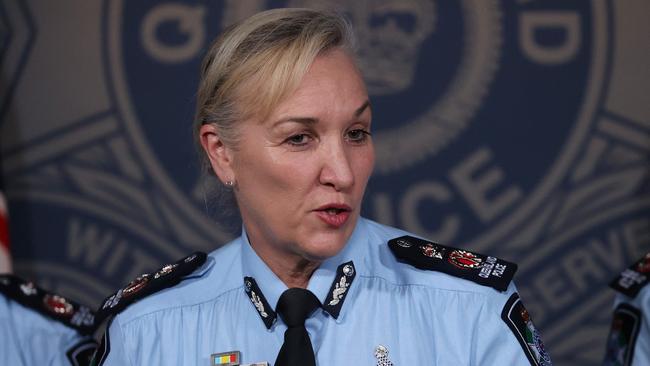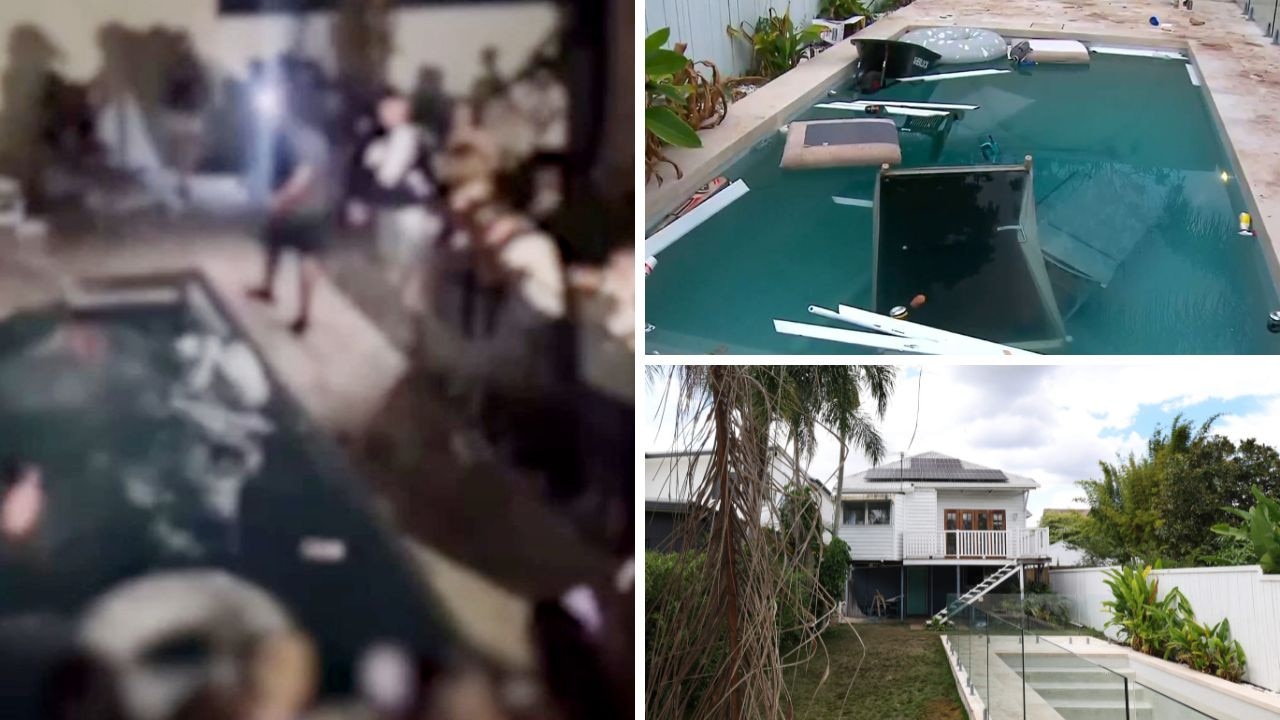Most complaints against police ‘referred back to police’, says Professor Tim Prenzler
A civilian in charge of a proposed police integrity unit should never have served in law enforcement but should be experienced in integrity management, recommends the Commission of Inquiry.

Police & Courts
Don't miss out on the headlines from Police & Courts. Followed categories will be added to My News.
Police will no longer investigate police, with a civilian-run integrity unit to be set up under recommendations from the Commission of Inquiry into police responses to domestic and family violence.
In a watershed moment for the police service, within 18 months a new police integrity unit should be set up within the Crime and Corruption Commission to deal with all complaints in relation to police, according to the inquiry report.
Premier Annastacia Palaszczuk said the government would accept all of the inquiry’s 78 recommendations in principle but the integrity unit suggestion would also be shaped by recommendations of the Peter Coaldrake integrity review.
It comes after the DFV inquiry heard of multiple cases in which male police officers had not been properly disciplined for creepy and frightening sexual behaviour towards young female colleagues.
Many were dealt with “local managerial resolution”, in which a senior officer spoke to them.

The inquiry report said current disciplinary processes were “not sufficiently independent or effective to give QPS members comfort that, if they make a complaint, it will be dealt with fairly, transparently and in a way that is likely to lead to positive change”.
“The establishment of such a body will go a considerable way to addressing the cultural issues of sexism and misogyny in the organisation,” the report said.
The civilian running the unit should never have served in law enforcement but should be experienced in the management of integrity and conduct matters in public sector agencies, according to the inquiry report.
The unit would take responsibility for all significant decisions, including referring matters to the Director of Public Prosecutions for potential prosecution, and make recommendations about disciplinary matters.
The police service will retain control of disciplinary outcomes, with the unit’s input.
The unit may also still find local managerial resolution the best outcome and refer it back to the service.

The inquiry report said it was important the unit was made up of mostly civilian staff but would benefit from expertise from QPS investigators.
It’s unclear how the Ethical Standards Command which currently conducts investigations will be affected and Commissioner Katarina Carroll said she needed to get more detail.
Queensland Police Union president Ian Leavers rejected the recommendation of a civilian integrity unit, saying there was already a “robust discipline system in place”.
“The police union will hold the organisations to account to make sure there’s procedural fairness and justice is there,” he said.
He said the current system was “maladministered” and the commissioner needed to be held to account.
“The system does work, it is effective, it is efficient and it’s really important,” he said.
The changes follow evidence in the inquiry from Professor Tim Prenzler, who said police should no longer investigate police and a new entity should be set up to probe misconduct and complaints.

Professor Prenzler said with the current Crime and Corruption Act, there had been a “much greater departure from the original Fitzgerald vision” and the majority of complaints against police were referred back to the police service as part of the “devolution” process.
He had recommended Queensland set up a “civilian control model”, which didn’t use serving police officers and had the authority to investigate and determine the outcomes of complaints.
As part of the transition to the new unit, the inquiry recommended CCC engage external experts in civilian control models and then report to the Parliamentary Crime and Corruption Committee.




